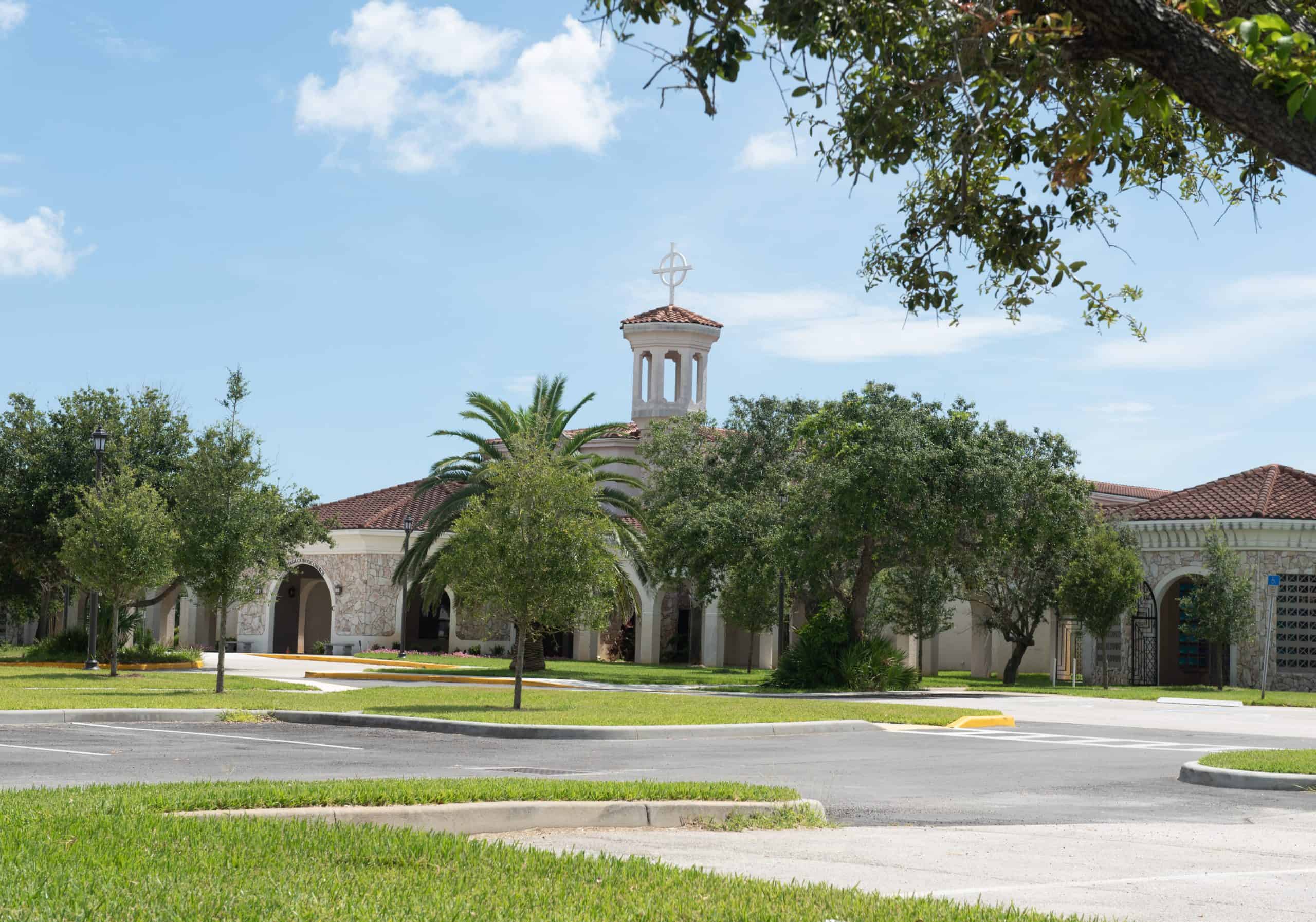
VATICAN CITY (CNS) — The Second Vatican Council was “not only meaningful, but necessary,” retired Pope Benedict XVI said in a letter to a conference about his theological work at the Franciscan University of Steubenville.
A theological understanding of the world’s different religions, the relationship between faith and reason and, especially, the nature and mission of the church in the modern world were challenges the Catholic Church needed to face, the retired pope wrote in the message read Oct. 20.
The Vatican-based Joseph Ratzinger-Benedict XVI Foundation sponsored the conference Oct. 20-21 on “Joseph Ratzinger’s Vision of the Church and Its Relevance for Contemporary Challenges.”
In his letter to conference participants, the retired pope said he hoped their discussions and an understanding of his theological work before, during and after Vatican II would “be helpful in the struggle for a right understanding of the church and the world in our time.”
As a priest and theologian, Father Ratzinger attended all four sessions of the council as a theological adviser — a “peritus” — to the archbishop of Cologne, Germany.
St. John XXIII’s decision to call the council, he said in the letter, was a surprise to everyone and many people initially thought it would “unsettle and shake the church more than to give her a new clarity for her mission.”
But “the need to reformulate the question of the nature and mission of the church has gradually become apparent. In this way, the positive power of the council is also slowly emerging,” he wrote.
Explaining his focus on ecclesiology, the theological study of the church, the retired pope said it had long focused on the church as an institution, but after the First World War “the wider spiritual dimension of the concept of the church was now joyfully perceived” in the work of influential theologians.
On the other hand, “the complete spiritualization of the concept of the church, for its part, misses the realism of faith and its institutions in the world,” he wrote. “Thus, in Vatican II the question of the church in the world finally became the real central problem.”


